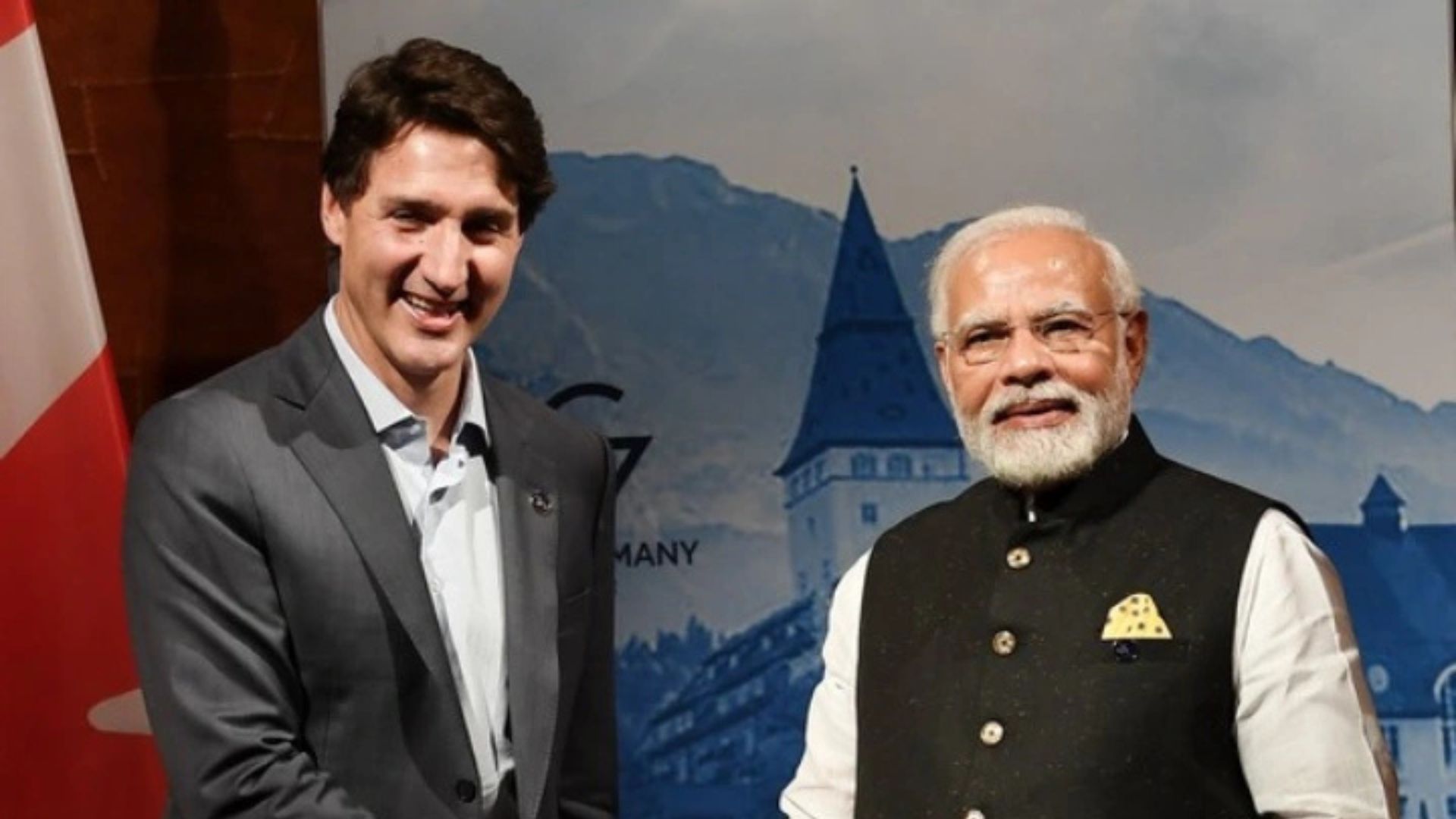The Indian PM’s reference to the “rule of law” in his tweet served as a pointed reminder to the Canadian Prime Minister to uphold what he has been preaching.
New Delhi: After nearly a year and a half of anti-India actions by the Canadian government under Prime Minister Justin Trudeau, Prime Minister Narendra Modi broke his silence on Monday with a tweet signalling that India will counter Trudeau and his supporters head-on. Trudeau has often been seen as the softer face of the assertive West.
On Monday evening, PM Modi tweeted, “Strongly condemn the deliberate attack on a Hindu temple in Canada. Equally appalling are the cowardly attempts to intimidate our diplomats. Such acts of violence will never weaken India’s resolve. We expect the Canadian government to ensure justice and uphold the rule of law.”
While the PM’s tweet followed an attack on a Hindu temple by a Khalistani mob in Brampton, its primary message highlighted concerns over surveillance and intimidation of Indian diplomats in Canada. Recently, the Canadian government had also used media leaks to US-based media outlets to implicate Indian diplomats in the June 2023 murder of Khalistani activist Hardeep Nijjar in Surrey. PM Modi’s reference to “cowardly attempts” was directed at these developments that were sanctioned by Trudeau himself.
The Indian PM’s reference to the “rule of law” in his tweet served as a pointed reminder to the Canadian Prime Minister to uphold what he has been preaching. Spying on diplomats, sheltering Khalistani elements, and ignoring over 25 extradition requests for wanted criminals shared by India are actions that hardly align with a respect for the rule of law.
In May, Trudeau had publicly emphasized that “Canada is a rule-of-law country with a strong and independent justice system” while discussing the developments around Hardeep Singh Nijjar’s assassination.
Since Nijjar’s killing in June last year, Canada, with support from certain US elements, has persistently sought to attribute his death—likely the result of a criminal gang dispute—to India’s intelligence agency, the Research and Analysis Wing (R&AW), which reports directly to the Indian Prime Minister.
This mud-slinging has been carried out without any evidence being offered to prove or tie the murder of Nijjar to the Indian government.
Until Sunday, it was primarily the Ministry of External Affairs and its minister, Subramaniam Jaishankar, who addressed these allegations from the Western bloc. However, by choosing to respond directly to Trudeau’s actions, and without mincing words, PM Modi signalled that the situation has escalated to a point where he must personally assert India’s stance to the global community, lest his silence be misinterpreted as weakness.
Last week, upon learning that its diplomats in Canada were under surveillance, India had made it clear that it would take unprecedented steps not only to express

